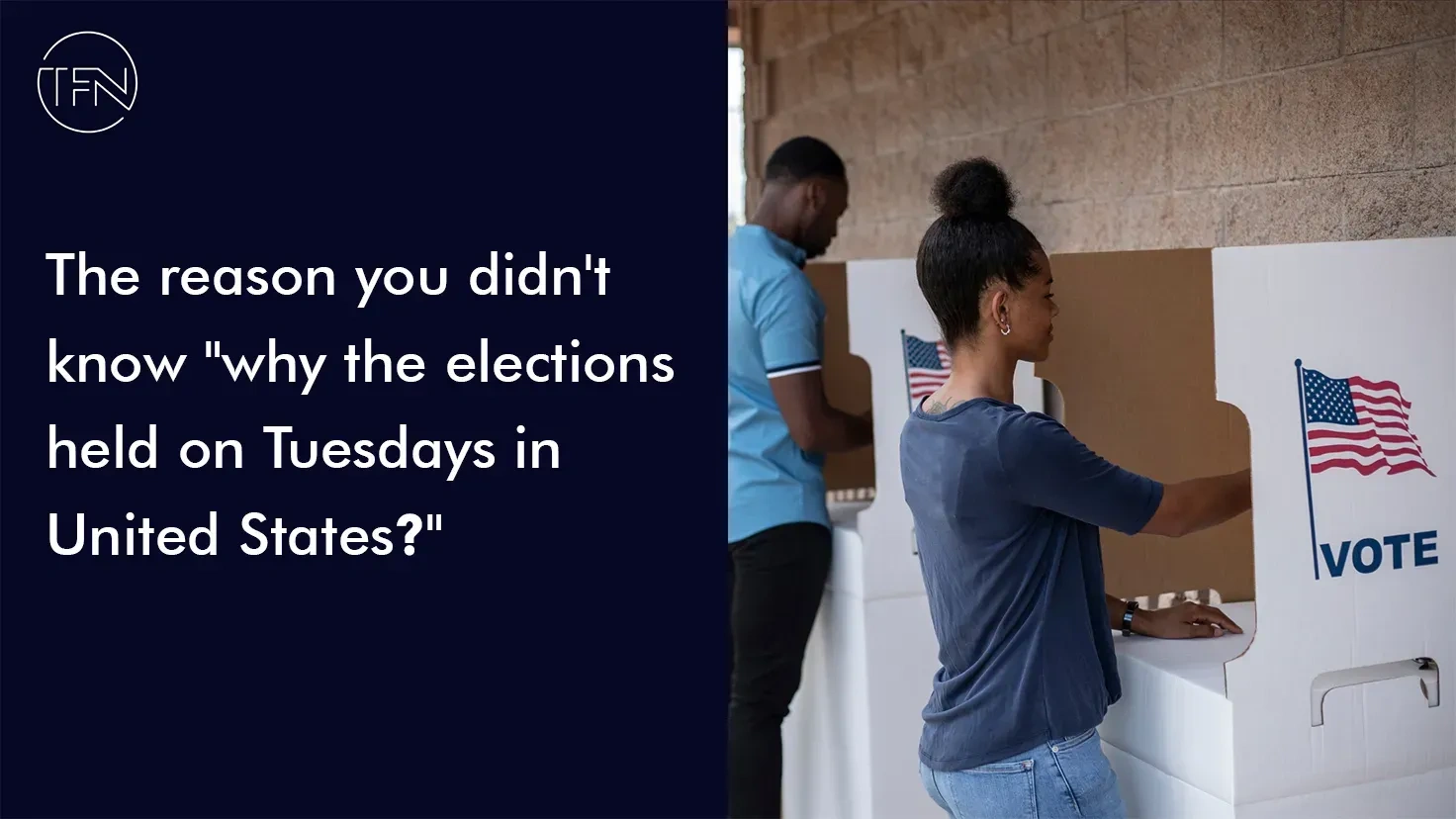
The Tuesday following the first Monday in November has been the date for federal elections in the US for many years. But why this particular date? Ever wondered?
Initially, election days used to differ state-wise, but in 1845, a statute was passed to establish a single national election day. It was initially limited to presidential elections but later expanded to include congressional elections as well. The United States was still mostly a rural culture at the time.
Farmers, who made up the majority of the labor force, spent much of the year planting, cultivating, and harvesting crops. Early November was an ideal time to vote because the harvest had ended but the weather was still moderate.
Nonetheless, some weeks were better than others. Two days was clearly out of the question. Because most Americans were ardent Christians, they observed Sunday as a day of rest and devotion. Wednesday was a market day in many locations when farmers sold their crops in town. In addition, a travel day was occasionally required.
In remote places, the nearest polling site could be miles away, and getting there could take some time in an era before automobiles. If people couldn't travel on Sunday or Wednesday, that meant election day couldn't occur on Monday or Thursday, too. As a result, Tuesday was regarded as the best alternative.
Election day was chosen as a Tuesday "after the first Monday" in the Middle Ages to avoid falling on November 1. That day was regarded as undesirable since it was All Saints' Day for certain Christians and also because merchants used the first day of the month to settle their books for the previous month.
Tuesday was chosen for ease, but voting on that day is now widely regarded as a disadvantage. Agriculture employs less than 2% of Americans today, with many individuals working on Tuesdays all year. Increased early and mail-in voting possibilities have made election day less crucial to the voting process.
There's also an interesting story that goes back to the Founding Fathers. "The Constitutional Convention met for a fairly brief period during the summer of 1787," Senate Historian Don Ritchie explains. "They were fatigued by the end, and they hadn't made up their minds on a lot of things." Being tired, they left the subject of when federal elections should be held open. Without it, states were left to determine their voting dates, resulting in decades of electoral chaos. Ritchie described it as a "crazy quilt of elections" held all around the country at various times.
Finally, in 1845, Congress decided to take charge of the situation. Ritchie claims that congress decided Monday was out because people would have to travel to the polls in their buggies on Sunday, the Sabbath. And, in a predominantly farming society, Wednesday would be inconvenient because it was often market day.
So Tuesday became the day, which proved to work well for 19th-century voters. Ritchie continues, "Elections were a big affair in the 1840s—there was a lot of commotions, and there were parades. Everybody would dress up for the occasion as entire families would travel from the countryside on carts.
Though the America of buggies and marketplaces has long since given way to minivans and supermarkets, we still vote on Tuesday.
The world has changed, Democrat Rep. Steve Israel of New York said. "That may have made sense in 1845, but times have changed. Democracies have advanced, therefore Congress ought to follow suit by making it simpler for people to cast ballots."
Voters in 15 states cannot vote early, absentee, or by mail, so they must vote on Tuesday. According to census data, one in every four persons says he's too busy or his schedule prevents him from voting.
What is their solution?
Election Day ought to fall on a weekend. Israel has introduced and reintroduced legislation to shift voting to the weekend.
However, shifting election day proves to be a difficult undertaking. The weekend voting bill continues to die in committee.
When the Government Accountability Office talked to election authorities earlier this year about how weekend voting would operate, they came up with many practical challenges, ranging from keeping equipment safe overnight to recruiting poll workers to work the weekend. No certainty shifting Election Day will affect voter turnout.
Then there's the reality that Americans have grown accustomed to voting on Tuesday. "We're a pretty traditional county, and that has been a tradition in many ways," Ritchie says. "People were accustomed to doing things in this manner, so you could arrange your day around it and rely on it."
The date for this election has been set. So, as in every presidential election since the 1840s, voting day is Tuesday.

